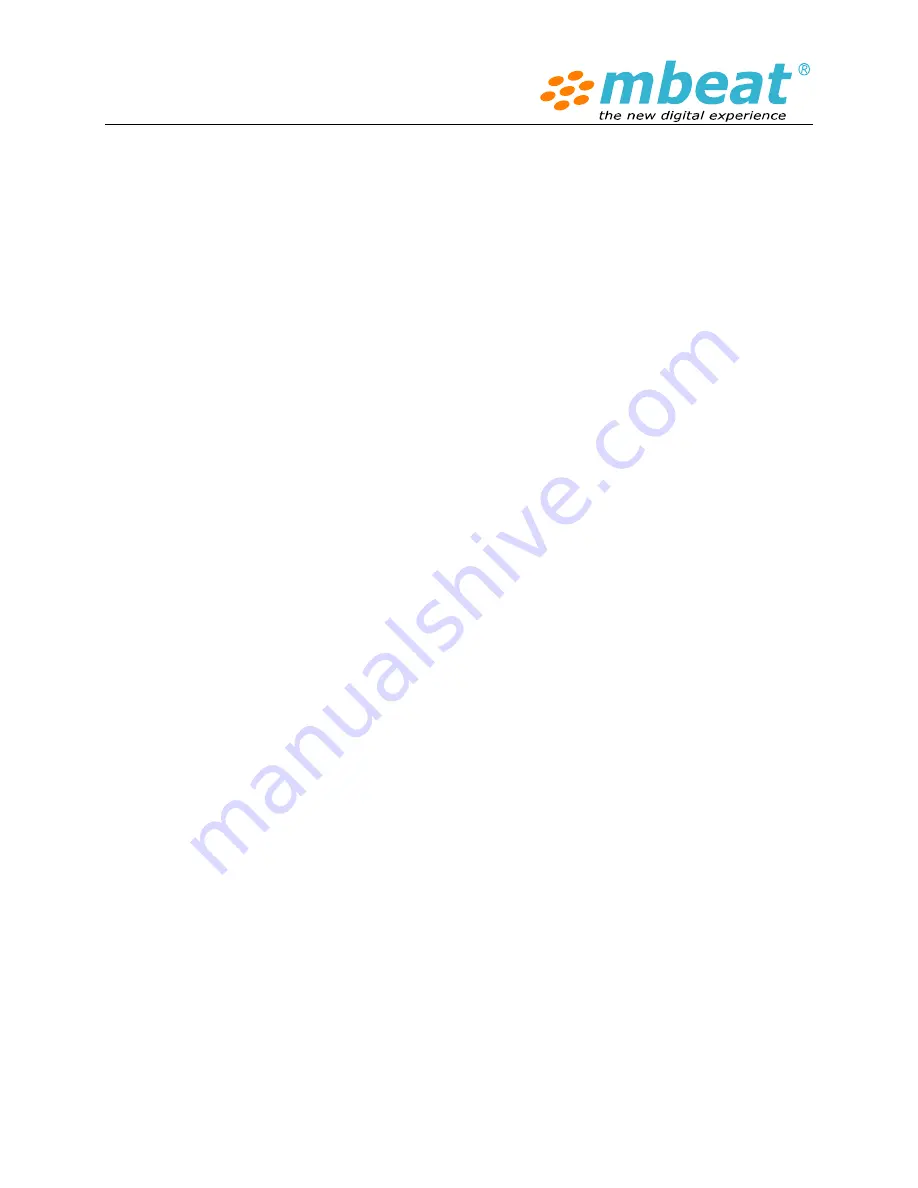
Close
–
closes the current window, asking you
if you want to save changes. On Windows and
Unix, closing the last window will quit Audacity,
unless you modify this behavior in the Interface
Preferences.
Save Project
–
saves everything in the
window into an Audacity-specific format so that
you can save and quickly continue your work
later. An Audacity project consists of a project
file, ending in “.aup”, and a project data folder,
ending in “_data”. For example, if you name
your project “Composition”, then Audacity will
create a file called “Composition.aup” and a
folder called Composition_data. Audacity
project files are not meant to be shared with
other programs – use one of the Export
commands (below) when you are finished
editing a file.
Save Project As
… -
same as Save Project
(above), but lets you save a project as a new
name.
Recent Files
–
brings up a list of files you
have recently opened in audacity to be
re-opened quickly.
Export As WAV
-
exports all of the audio in
your project as a WAV file, an industry-standard
format for uncompressed audio. You can
change the standard file format used for
exporting from Audacity by opening the File
Format Preferences. Note that exporting will
automatically mix and re-sample if you have
more than one track, or varying sample rates.
See also File Formats.
Export Selection As WAV
-
same as above,
but only exports the current selection.
Export as MP3
-
exports all of the audio as
an MP3 file. MP3 files are compressed and
therefore take up much less disk space, but
they lose some audio quality. Another
compressed alternative is Ogg Vorbis (below).
You can set the quality of MP3 compression in
the File Format Preferences. See also MP3
Exporting.
Export Selection as MP3
-
same as above,
but only exports the current selection.
Export as Ogg Vorbis
-
exports all of the
audio as an Ogg Vorbis file. Ogg
Vorbis files are
compressed and therefore take up much less
disk space, but they lose some audio quality.
Ogg Vorbis files tend to take up a little less disk
space than MP3 for similar compression quality,
and Ogg Vorbis is free from patents and
licensing restrictions, but Ogg Vorbis files are
not as widespread. You can set the quality of
Ogg compression in the File Format
Preferences.
Export Selection As Ogg Vorbis
-
sameas above, but only exports the current
selection.
Export Labels
-
if you have a Label Track in
your project, this lets you export the labels as a
text file. You can import labels in the same text
format using the “Import Label…” command
in the Project Menu.























